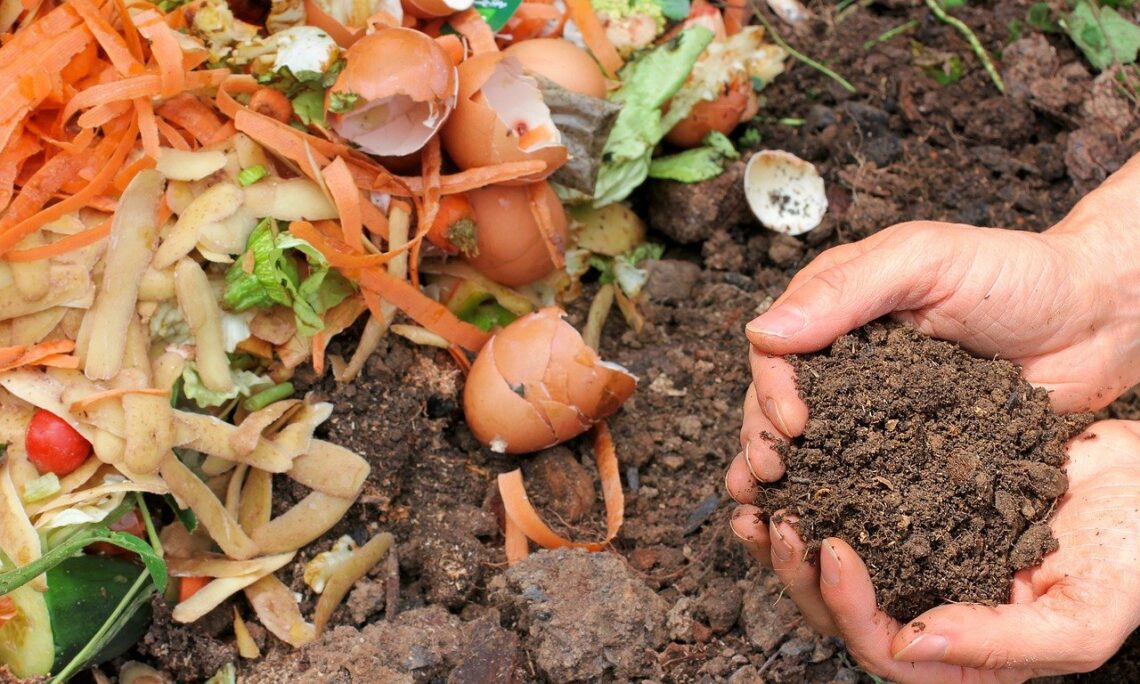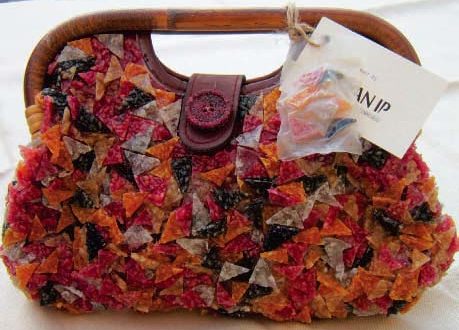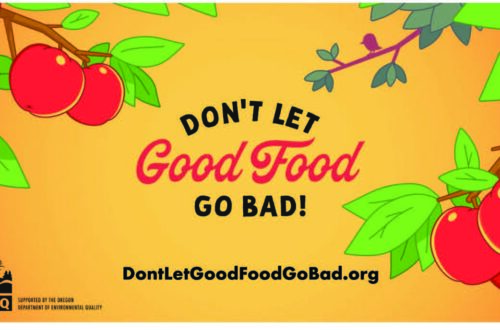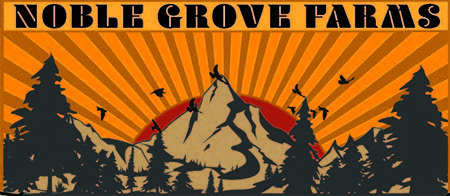With every passing day, it becomes more clear that the planet is in serious danger if we don’t change our approach to protecting the environment. And while most of the onus of this change falls on national governments more so than individuals, there are still some things you can do.
There are some major lifestyle changes that everyone should probably make if we are truly going to slow things down. These are things like altering your approach to transport by cutting down on how much you fly, and using public transport instead of driving where possible.
It would also be helpful if the entire world stopped eating animal-based products. Aside from the fact that being vegan would be better for your health, the industrial farming industry has a very negative effect on the environment.
As I said, these are big changes and many people are reluctant to make them because of how much their daily lives and daily routines would be altered if they do. So while you should consider these transitions, it’s understandable that they won’t happen quickly.
There are other things you can do which can be implemented quickly and easily however, and one of them is composting. You have no doubt heard this term before, but it may not be something you even realized that you could do.
But composting is actually something that everyone can do. So let’s take a little bit of a deeper look at what it is and how you can participate:
What is Composting?
In simple terms, composting is a process through which various plant materials such as grass clippings and leaves are converted into a more organic mulch for the soil. It is then repurposed as a fertilizer.
It happens through the natural mixture of four primary ingredients: Carbon, nitrogen, oxygen and water. When these four components are present in your compost pile it will heat up and break down the solid organisms into a usable mulch.
Many people think that it’s a relatively new process, but there are actually records of a similar process dating back to the stone age. It’s the logical approach to fertilizing soil and it is used by quite a lot of gardeners and people who work in the agricultural industry, but not all of them.
It’s much easier to just go out and buy a fertilizer product in the store instead, and while you can buy bags or organic fertilizer, the more common ones found in stores tend to be full of chemicals that are actually harmful for the soil and the environment.
But people don’t think about that when working on their garden, and that’s completely understandable because it’s not necessarily common knowledge. Just throwing out the leaves and grass clippings left behind after work on your garden doesn’t seem like a damaging action on the surface.
You should avoid that though, and I’ll explain why.
Why Should You Do It?
The alternative to composting plant materials and food waste is that it ends up in a landfill. This is not an environment that is suited to a healthy breakdown of these materials in the same way as they will in a compost pile.
Instead, they will end up releasing harmful greenhouse gases such as methane, which contribute quite a bit to the warming up of the atmosphere. Just the food scraps alone account for almost 30% of all of the solid waste that ends up in U.S landfills.
The less people that are contributing to that, the better. Compost will also help plants to grow in a more healthy fashion than other fertilizers and that is a better contribution to the environment too.
It’s also worth thinking about the fact that because you will be composting your own food and yard waste, it is going to be significantly less expensive than going out and buying the amount of fertilizer necessary to maintain your plants.
So how do you do it?
How to Compost
The great thing about composting is that anybody can partake in it. Even if you don’t have a garden and the space to start a compost pile, you can still recycle your food scraps by buying a special indoor compost bin.
If you’re not a gardener yourself, it doesn’t matter, because your compost can contribute to someone else’s garden, or it can contribute to a farm or another large scale agricultural institution.
Depending on where you are, you might have to go in search of a way to get rid of the compost you amass indoors but there are always groups out there you can join, or places you can go to donate it.
Emma Houston is a gardener, a bookkeeper, writer, and mother of three. She is spending her time mostly in her garden. When she is not there, you will find her working on developing her own line of homemade natural skincare products.






